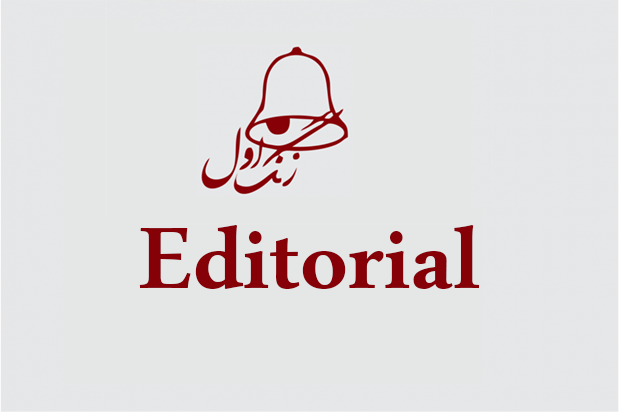A two-day meeting of NATO Defense Ministers will be held on Wednesday, February 17. This meeting will be conducted online due to coronavirus. At this meeting, NATO defense ministers will decide on whether to extend the mandate of their troops after May this year or withdraw their troops that month. This decision will be a turning point for Afghanistan’s future.
NATO currently has tens of thousands of troops in Afghanistan, as part of the Resolute Support Mission. Their role is to train and advise Afghan forces and to intervene in the war if Afghan forces seek help.
According to the US-Taliban agreement, the last group of foreign troops must leave Afghanistan in May this year. Before that, the Taliban would have to sever ties with terrorist groups and enter into negotiations with the Afghan government. At the same time, it had to refrain from attacking foreign forces and ensure a significant reduction in violence.
More than two months remain until the scheduled complete withdrawal of international troops from Afghanistan. The Taliban have fulfilled only one of the four main terms of the Doha agreement in almost one year since it was signed. Although the group entered into negotiations with the government, it has now left the negotiating table. Thus, the only condition that the Taliban group has fully complied with is to refrain from attacking foreign forces.
The level of violence in Afghanistan is very high. It is feared that the violence will increase dramatically next spring. The Taliban have been repeatedly warned to reduce the level of violence but the group has not taken it seriously. This disregard has now led to the almost certain failure of negotiations between the government and the Taliban.
Furthermore, investigations by Afghan and foreign forces show that the Taliban have not yet severed ties with other terrorist groups. Even though the Taliban have repeatedly claimed that they have no ties to al-Qaeda or ISIS, independent reports have confirmed the Taliban’s ties to these groups, which pose a threat to global security.
To execute a withdrawal plan would be a form of suicide when the Taliban has shown no commitment to the Doha agreement. The Taliban see war as the only effective tool that can pave the way for the group’s return to power. During several months of negotiations with the government, the group made it clear that it would not be satisfied with less than absolute power and that it had problems with democratic values and other manifestations of the modern world. Therefore, leaving Afghanistan in such a situation and leaving it to fend for itself would be very dangerous for both the security and stability of Afghanistan and for global security.
Afghanistan remains prone to becoming a haven for al-Qaeda, ISIS, and global terrorism. Especially since the Taliban still maintains ties with them. The Taliban are waiting to unilaterally wage war on the government for power as soon as international troops withdraw. If the group had intended otherwise, they would have avoided wasting time in negotiations and allowed Afghanistan’s political destiny to be decided at the negotiating table before May. Therefore, it is not expedient for foreign troops to leave Afghanistan because the Taliban are still determined to continue the war and seek help from other terrorist groups to overcome the government.
Afghans do not want foreign troops in Afghanistan forever. However, they prefer to count on the presence of foreign forces to fight global terrorism and prevent Afghanistan from becoming a haven for terrorist groups. Therefore, the NATO Defense Ministers are expected to make responsible decisions about the remaining troops in Afghanistan at their two-day meeting. The decision of the defense ministers of this organization should reflect the current realities of Afghanistan and direct the future path of this country towards security and stability.
The decision of NATO Defense Ministers will be crucial in guiding Afghanistan’s future. If NATO forces are to leave Afghanistan in such turmoil, the country will certainly be in a worse situation than it is now. On the other hand, if these forces are to be maintained, new conditions must be created for the government and Taliban to make effective use of their presence. These new conditions should force the Afghan government and Taliban to return to the negotiating table immediately and to enter into meaningful negotiations for a political understanding. Otherwise, only the continued presence of these forces can prevent the government from falling into the hands of the Taliban and terrorist groups affiliated with this group. And this will be no small achievement.












